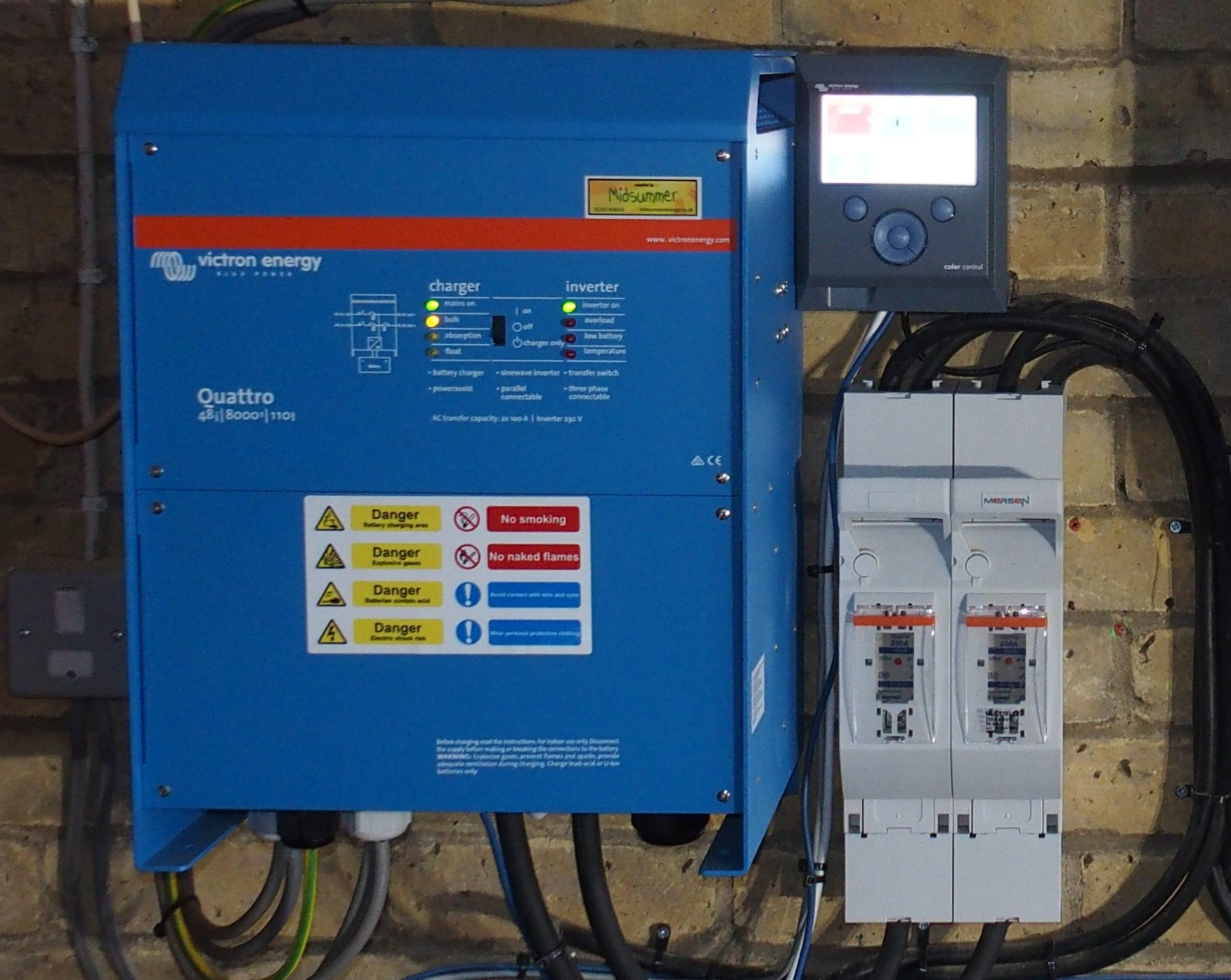Living off-grid – that is, living independently of the main grid, big power companies and big power bills – can seem very appealing when you consider ever-increasing electricity costs.
There are some areas which through lack of choice have to be off grid. Traditionally, gas or diesel has powered generators for these areas.
But for many people, going off-grid is a recurring pipe-dream, not something to be considered a real possibility.

Off-grid UK install by Fuel Included (Image: J. Tisdall)
However, things are changing: off-grid living is now within the reach of many [people].
Why consider going off-grid?
When you go off-grid you eliminate electricity bills. Even if you reduce your power usage, when connected about three-quarters of your bills are network and generation costs.
Living off-grid however means you can avoid both the network and usage costs of electricity.
You can protect yourself from power outages and blackouts when you’re off-grid. Unplanned outages in particular can really mess up your day, especially considering you have no control over when the power comes back on. With an off-grid system this is something you don’t need to worry about.
Go off grid: Costs down, emissions down
You reduce your carbon emissions and footprint when off-grid. Setting up your own clean energy generation enables you to contribute towards the reduction of emissions. It means you can do your bit for climate change, which according to research is important to most Australians.
You can also remove upfront connection costs. In some rural regions where there are no nearby power lines, grid-connections can cost tens of thousands of dollars. An off-grid system can provide a viable alternative and eliminate ongoing costs as well.
Read more: Energy Matters


